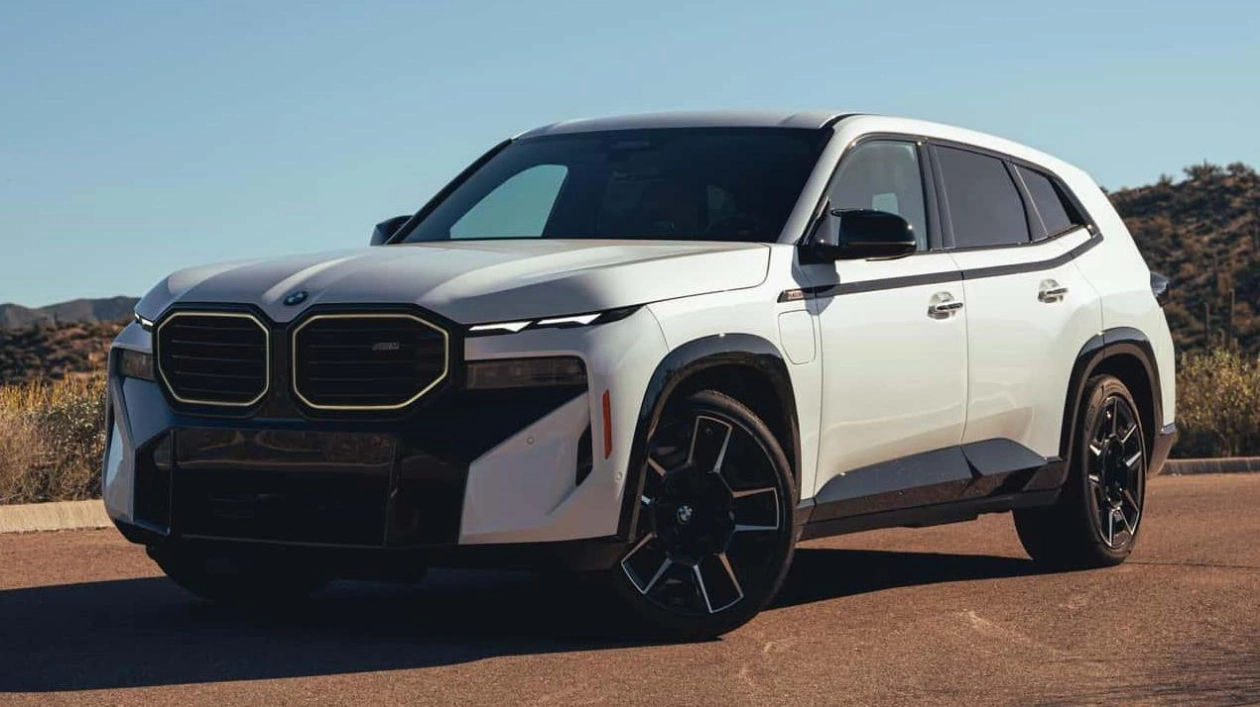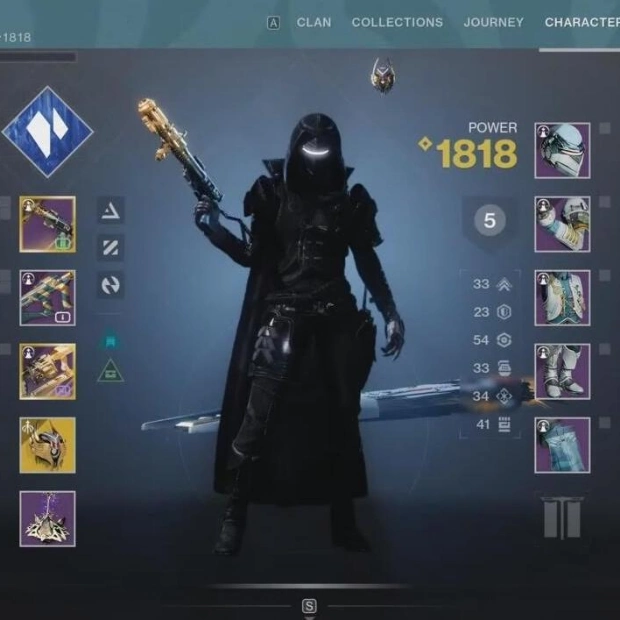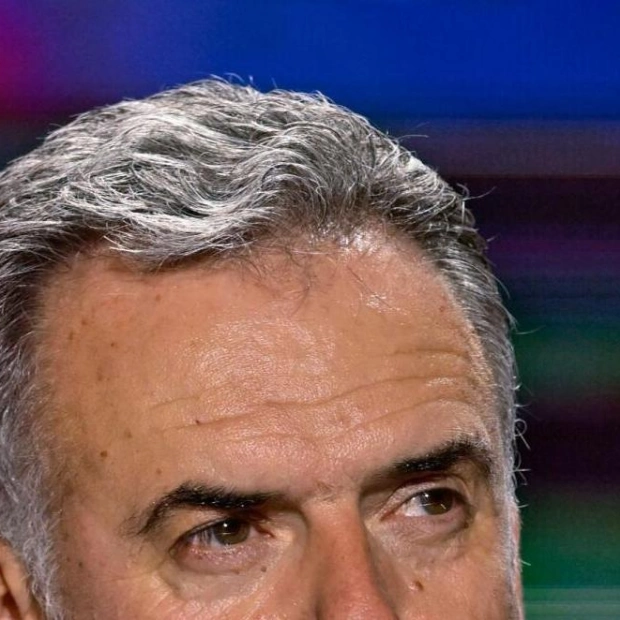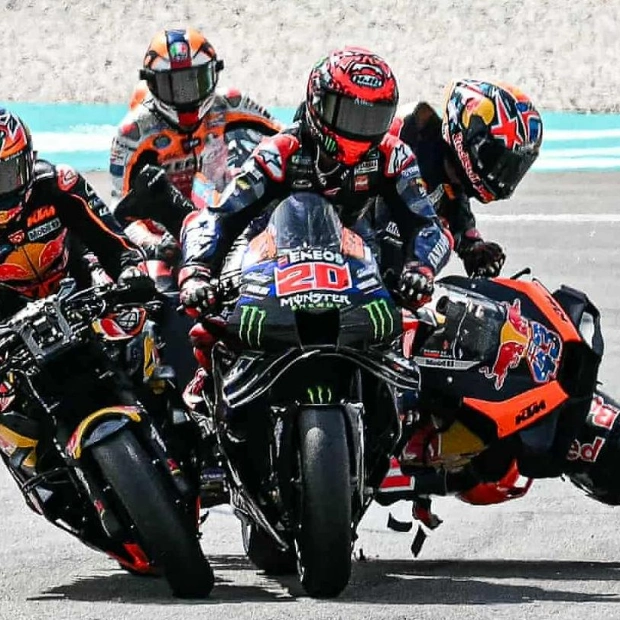Significant shifts are underway within the design teams of BMW Group brands starting from October 1. Adrian van Hooydonk continues to hold the top position, but Domagoj Dukec, who previously led the core brand's design team since April 2019, will no longer be responsible for future BMW designs. The Frankfurt-born Croatian, known for his belief that 'good design is not about pretty or ugly,' is moving to Rolls-Royce where he will assume the same role.
Future BMW models will be shaped by two individuals. Maximilian Missoni, formerly in charge of design at Polestar, will oversee the upper midsize and luxury class vehicles. Having spent six years at Volvo's spinoff brand, he is now tasked with designing BMW's largest vehicles and the upcoming BMW Alpina-badged models. For context, BMW Group acquired the Buchloe-based niche automaker in March 2022.
Oliver Heilmer, who has been the design boss at Mini since 2017, will handle the styling of compact to midsize cars. Additionally, his team will be responsible for the appearance of M cars. Taking over at Mini's design department will be Holger Hampf, the former head of the Designworks division. Anders Warming, Rolls-Royce's ex-design chief, will now lead Designworks and 'Advanced Design topics.'
BMW has also appointed Claudia Braun to head a new cross-brand department for Color and Material Design for BMW, Mini, and Rolls-Royce. Christian Bauer continues to lead the digital customer experience.
While it's tempting to speculate on the reasons behind BMW's design team shake-up, sales figures paint a different picture. Despite mostly negative comments about the cars' appearance on social media, BMW achieved a record-breaking year in 2023 with 2,252,793 cars delivered. Whether sales could have been higher with less polarizing designs remains unknown. BMW's success, particularly in sales, is undeniable, especially given its diverse portfolio of combustion cars, plug-in hybrids, and EVs.
Although BMW may no longer be 'the ultimate driving machine,' it continues to offer performance cars with manual gearboxes, recently resurrecting the M5 Touring for the American market. The Z4 roadster remains in production, now available with a stick shift for the M40i. However, in 2024, BMW's commercial success is largely driven by crossovers and SUVs, from the X1 to the X7, with the XM as a notable exception.
Despite interiors dominated by large screens and the gradual disappearance of the iDrive controller, consumer demand remains robust. Rising prices have not dampened enthusiasm for models like the X1. This suggests that traditional enthusiasts may no longer be BMW's primary market.
While current designs are commercially successful, BMW is preparing for a significant shift. The Neue Klasse concepts hint at upcoming styling changes. However, the new design teams are unlikely to influence the 2024 iX3 crossover or the 2026 i3 sedan. Their impact will likely be seen on vehicles scheduled for launch towards the end of the decade.






